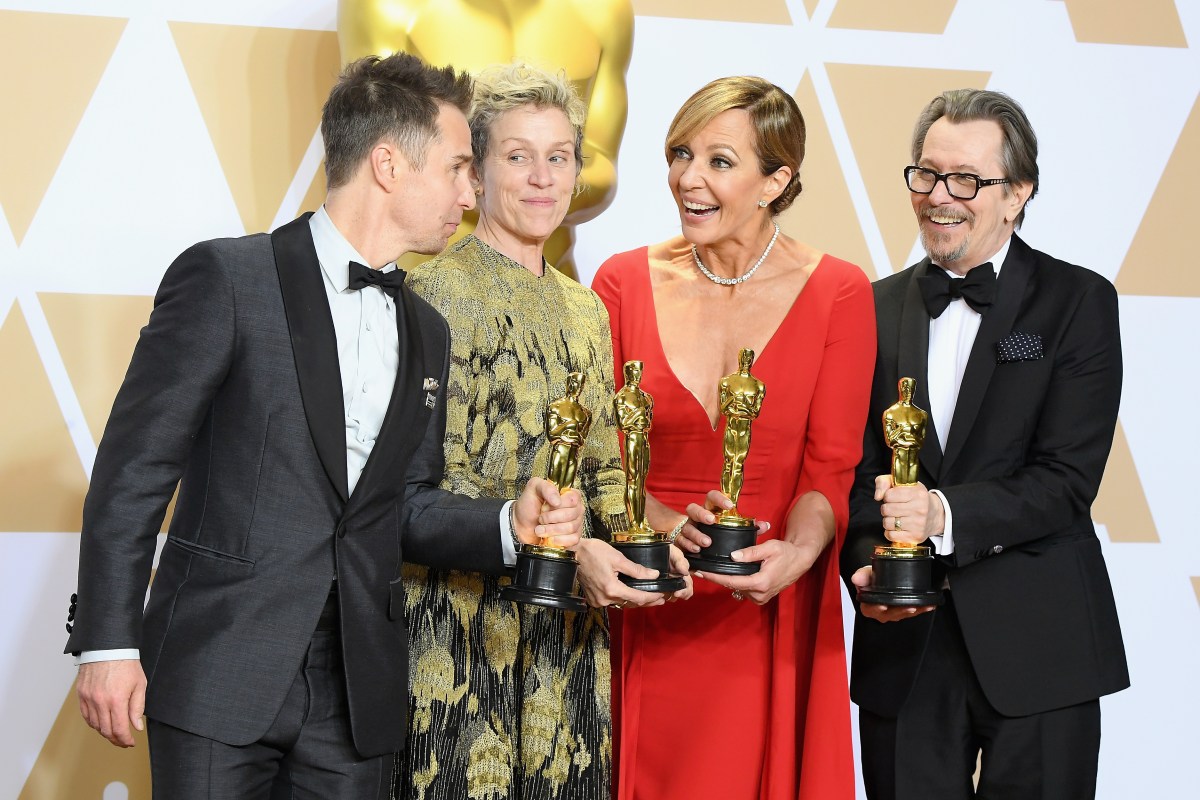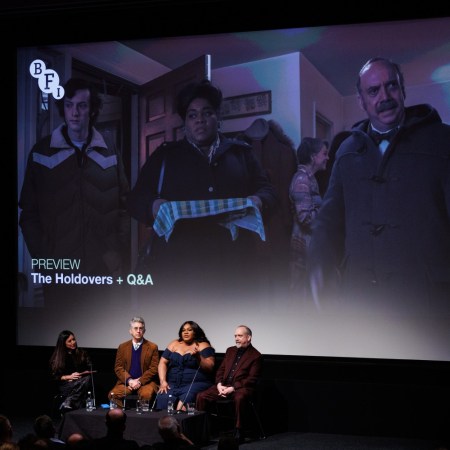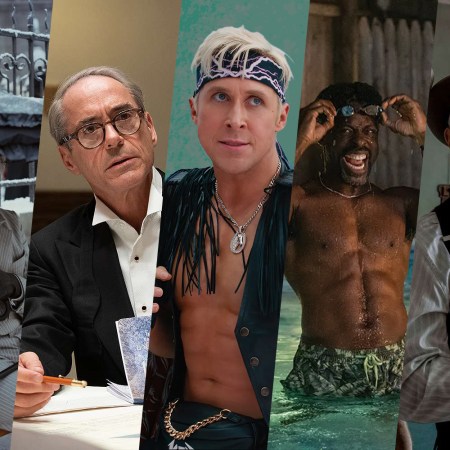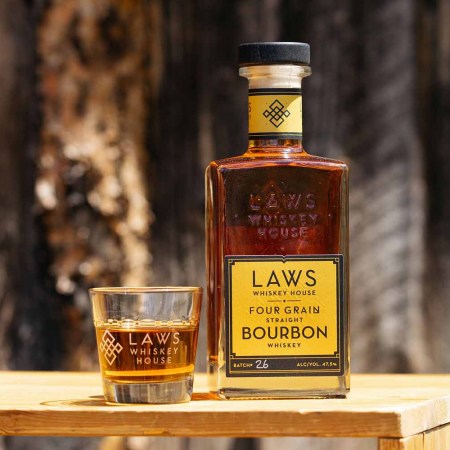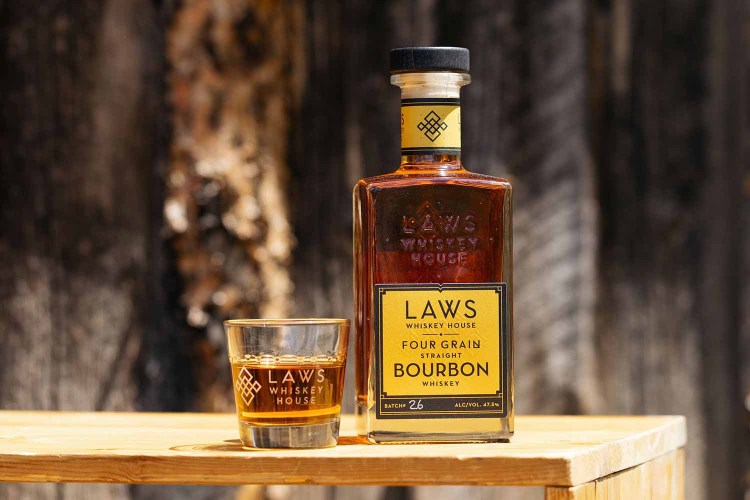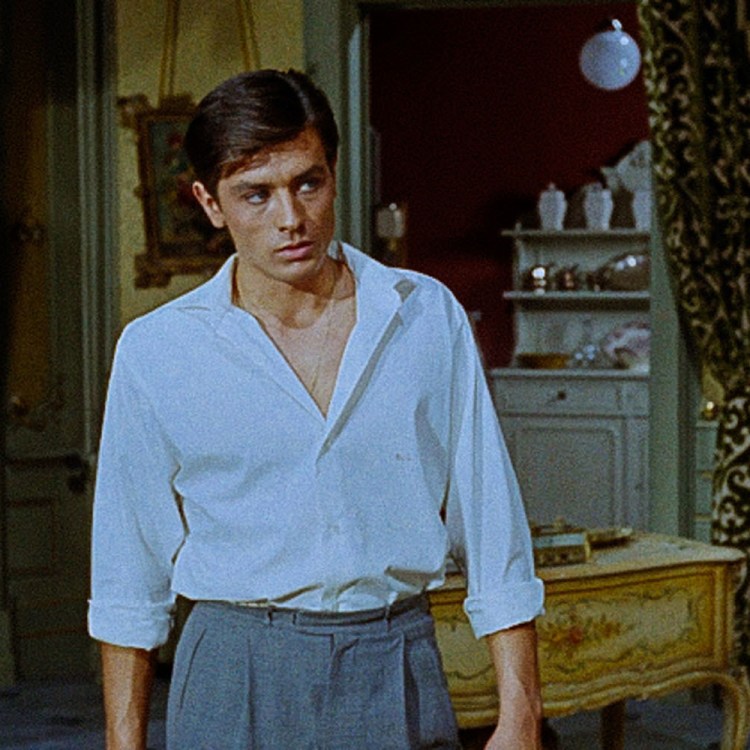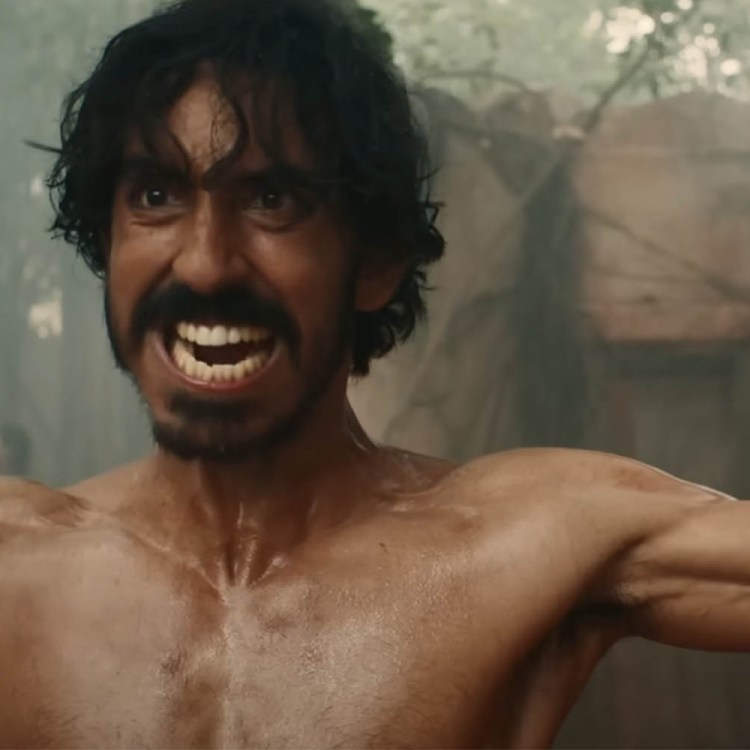Read our Oscar predictions here to stack up against last night’s winners.
When the night ended, our RealClearLife.com predictions called 20 out of 24 races – an 83.33 percent accuracy rate. I anticipated the four top acting categories, the screenplays and the director but (the shame!) didn’t predict the nail-biter Best Picture race. That top honor went to Guillermo Del Toro’s The Shape of Water, which began its four-win streak (out of 13 nominations) with an early score for Best Production Design. Del Toro won Best Director as predicted. Favorite Alexandre Desplat added to the wins with Best Score – he previously won an Oscar for The Grand Budapest Hotel.
Between The Shape of Water’ and Three Billboards, it could have gone either way and, while I predicted the latter boosted by strong acting performances and a dynamite script, in retrospect I can see the signs were plainly there in red with black ink. In the end, the former was the bigger crowd-pleaser and, despite allegations of plagiarism, it touched the Academy as an ambitious, deeply humane movie that also expressed its affection for old Hollywood, something that helped both The Artist in the past and nearly got La La Land an Oscar last year.
Three Billboards had strong support from the acting branch, the biggest in the Academy. It earned three nominations in the four top acting categories. But it showed weakness in the directing branch when Martin McDonagh failed to get a directing nomination – and it seemed likely he would also lose in Original Screenplay to Jordan Peele for Get Out. Billboards, too, was plagued by a whisper campaign claiming that it possibly demonstrated too much empathy for a racist cop – an opinion with which I disagree but that had an impact in this turbulent political year.
That being said, the whisper campaign didn’t seem to harm Sam Rockwell, who portrayed that complex Missouri lawman and still scored Best Supporting Actor. The long-time indie character actor and first-time Oscar nominee got the night’s first award and called out to his co-star: “We’re at the convention, Frances [McDormand].” Hours later, McDormand took the stage, winning her second Best Actress and bringing the film Three Billboards out of Ebbing, Missouri from seven nominations to two wins in top acting spots. So, the scathing film got no love for the direction and script that put the stars in the winners’ circle.
The always-fabulous Allison Janney won Best Supporting Actress as we predicted. This was the Emmy-and-Golden-Globe winner’s first Oscar attempt. (“I did it all by myself – nothing further from the truth.”). She carried the standard for the underdog I, Tonya – a movie that scrapped its way against the competition like the titular ice skating champ. This was a movie that rose on its own merit among the Oscar contenders – and Janney represents for the entire film.
The one potential upset in the Best Supporting Actress category was Laurie Metcalfe, who plays the mother in Lady Bird. This loss by Metcalfe relatively early in the night deflated the Oscar chances overall for Greta Gerwig’s Sacramento-set coming of age story starring also-ran Saoirse Ronan. There just was no room at the inn as Oscars tried to spread the wealth around – and first-time director Gerwig always seemed like a relatively chancy prospect for Director and Best Film. Dee Rees’s Mudbound, a personal favorite, also failed to get any Oscar love.
Gerwig went head-to-head with Get Out in the Best Original Screenplay category and lost to writer-director Peele. As it shook out, this was ultimately the only category in which the Academy could easily recognize Peele’s achievement since Best Picture and Best Director would go to more established artists. Also left behind were major contenders Three Billboards and The Shape of Water. Four-time Oscar-nominated writer-director James Ivory, 89, finally brought an Award home as the screenwriter for Call Me By Your Name scoring Best Adapted Screen – the only award for that critical darling.
Makeup and Hair – in no great surprise – went to Darkest Hour for turning hipster Gary Oldman into stuffy, posh, baggy-wasted British statesman Winston Churchill. It’s one of two Oscars for the political biopic – Oldman nailed Best Actor for hiding in plain sight as Churchill. He had been the favorite since he entered the race and rival Timothee Chalamet’s performance in Call Me By Your Name just didn’t have the heft. Additionally, there’s a sense that the 22-year-old Chalamet has a long career – and potentially an Oscar – ahead of him.
Dunkirk, which stormed out of the summer as a Best Picture frontrunner with its director Chris Nolan also in the lead, accepted its consolation prizes – an Oscar for Sound Editing, Sound Mixing and Film Editing. That meant three key technical awards out of eight nominations. From his seat in the audience, Nolan appeared to accept the accolades stoically – but this was supposed to be his year – and then the zeitgeist shifted.
Costume Design went to Phantom Thread‘s Mark Bridges – who previously won for The Artist. This was the only clear-cut win for Paul Thomas Anderson’s brittle period film starring the allegedly retiring Daniel Day Lewis as a virtuosic but sadistic dressmaker. The critical favorite had enough support to push Anderson to a Best Director nomination – but not enough universal love to land him the Oscar, or to recognize Day Lewis’s “final” role. Lesley Manville also lost in the Best Supporting Actress category despite a knife-sharp performance.
As predicted, Disney-Pixar’s Coco won the Best Animated Picture – and also took home the Best Song with that catchy-as-the-flu Remember Me. Shout out to the people of Mexico, where the movie’s set. Que Viva Mexico!
Best Documentary didn’t go to co-presenter Greta Gerwig’s apparent favorite – and to our pick: Faces Places, co-directed by one of Gerwig’s confessed heroines, 89-year-old Belgian director Agnes Varda. Instead, the winners were Bryan Fogel and Dan Cogan for the timely Netflix doc Icarus, about the Russian doping sports scandal. It was one of eight nominees for the breakthrough streamer that is still being resisted by Hollywood.
Hailed by some critics (on crack) as a masterpiece, Blade Runner 2049 did not get equal adoration from the Academy. But it did get two Oscars, starting with Best Visual Effects. (I’d wrongly predicted War for the Planet of the Apes.) I did anticipate its Best Cinematography win, with Director of Photography Richard Deakins received his first Oscar out of 14 nominations (hallelujah!). The cinematographer did knock out the “trailblazing” (according to presenter Sandra Bullock) first woman to be nominated in this category, Mudbound‘s Rachel Morrison.
Keeping to the night’s theme of inclusion, the transgender drama A Fantastic Woman won Best Foreign Language Film. The Chilean film, starring Daniela Vega, who also presented, came from the foreign film Oscar machine Sony Pictures Classics.
It’s been one long Oscar march, a year when the nominated films were often upstaged by activist hashtags: #TimesUp, #MeToo and the #Harvey. And, so, by the final night, in a year when box office tickets sales dropped while harassment lawsuits rose, we send out thanks to Kimmel’s so-called “Godless Hollywood elitists” – and deliver our first prediction for next year: Wes Anderson’s Isle of Dogs, out March 23rd, will not only be nominated but win Best Animated Feature. And it will be a great honor. He will be humbled. And, come March 2019, we’ll see how much real change twelve months can bring.
This article was featured in the InsideHook newsletter. Sign up now.
